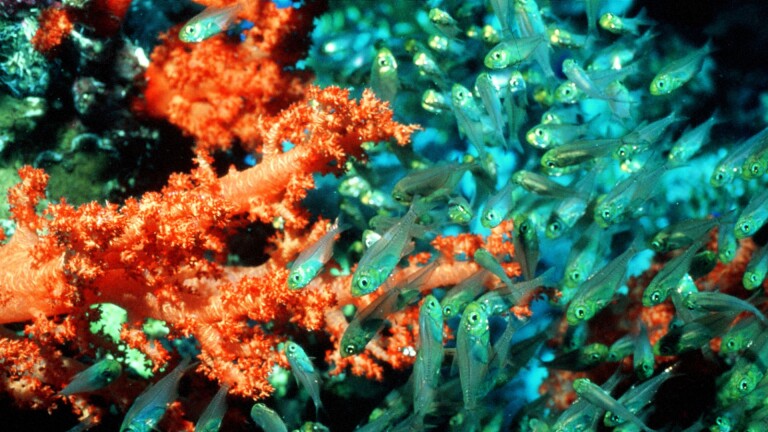Neonics: Toxic Until Fully Tested
Scott Hoffman Black, executive director of The Xerces Society, talks about the impact of neonicotinoid pesticides on the environment.
"We believe because they're so toxic, they're so long-lived, they're found inside plants, but readily move into water, that we could really see big ecosystem changes because of these chemicals," he says.
Neonicotinoids, which are now found in stream and well samples across the United States, are not only affecting pollinators like bees and butterflies, but killing insects -- the underpinning of the food chain. That in turn affects birds, fish, and other wildlife.
"The chemical companies are really running the show here," Black says. He questions whether a chemical closely related to nicotine — a known carcinogen — should be so widely used on food crops before further safety studies are conducted. "It's not just about the environment. It's that we are not taking care of humans."



















